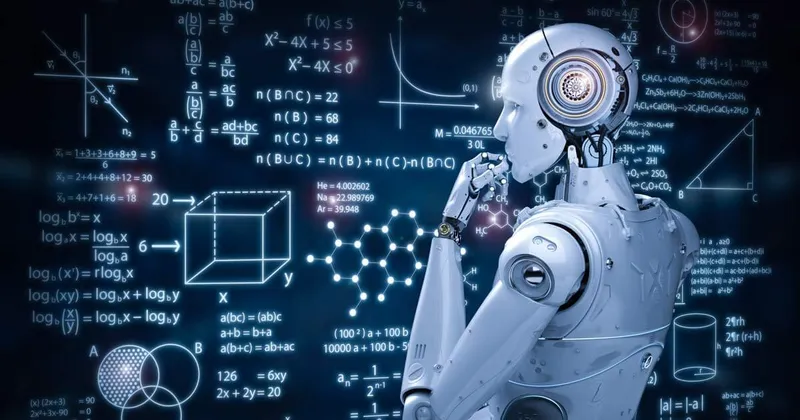

4 Compelling Degrees Merging Tech and Education Successfully
Technology and Education Emerging for a Better Tomorrow

On observing the constant disruption of technology on human lives, universities and educational institutions are adopting innovative practices in their teaching methodologies.
Evidently, the success stories of the giant tech industries like Uber and Google are quite popular among the youngsters. Naturally, these have been fueling the college students’ urges to become another Mark Zuckerberg or Larry Page. Keeping that in mind, Computer Science Departments these days have come up with a variety of options. For example - standalone AI laboratories, specialized artificial intelligence degrees, and etc.
Loopholes Being Covered by Compelling Degrees
Surprisingly, the transformation has been extended beyond the computing departments to reach other educational fields as well. As technology and science collaboratively seize several grounds of society starting from banishing of jobs to infringing privacy, numerous questions are being raised these days. Factors like - our response to the ethical dilemmas regarding machine soldiers and drones, regulation of the Big Tech, accurate punishments for Facebook and other companies who offered the personal information of around 87 million users to the Cambridge Analytica, Google's protective measures for its executives involved in sexual misconduct, and etc. are still remaining unanswered for years.
There is a loophole for the inventors who are responsible for comprehending the political, social, legal, economic, and ethical matters introduced by scientific and technological advancements. Unfortunately, it's not possible for humanities solely to take the entire responsibility of figuring out all the solutions. However, these brainstorming programmes are pretty efficient in merging social science with technology and filling the gaps successfully:
Monash University, Australia : Double Degree in Information Technology and Criminology
This double degree enables students to learn the foundation of computer systems and programming. Especially, while juggling the research of global, national, and local social and criminal control. Throughout the course of four years, students attain to manage and shape emerging and existing technologies together. Students gain high technical expertise along with lifelong research, communication, and critical analyzing skills.
NC State University, US : Ba/BSc Science, Society, and Technology
Throughout this interdisciplinary programme, Students learn to conduct a study on technology, science, society; and link these aspects to broader human concerns. Additionally, students can head towards guest lectures regarding the critical analyzing of data in natural and social science, placements as public outreach specialists, training and development specialists, and policy analysts in federal departments.
Bocconi University, Italy : MSc Economics and Management of Innovation and Technology
Being a part of the world's 10th-best B-School, students can actively take part in this challenging interdisciplinary program that efficiently blends managerial, strategic, economic, and organizational approaches for scrutinizing technology and innovation both at industry and market level. This program nourishes them to become future industry analysts, business development managers, product managers. So the urge of getting employed at large consultancies, MNCs, tech firms, and other regulatory authorities is noticed among students.
Vrije Universiteit Amsterdam, The Netherlands : Master’s program in Artificial Intelligence
Being focussed on the collaboration of humans and AI systems (hybrid intelligence), the program offers distinguished social science and technical approaches. In order to grab hold the insights of this synergy through representing customized essays, this degree works pretty well. Starting from the scrutiny, understanding, and development of novel AI algorithms, this program also enables students to take part in the development and evaluation of the computer-based technology that carries the competence of exploiting knowledge regarding human functioning. Students pass out with an increasingly-diverse skillset of implementing AI hacks in social and economic contexts.





